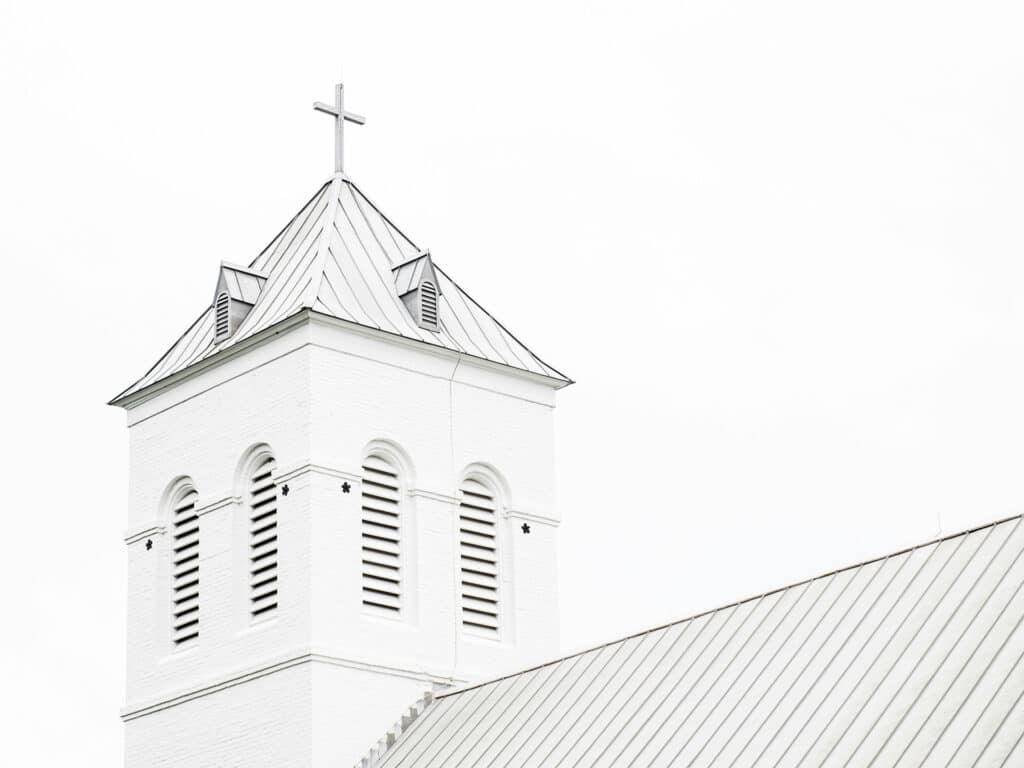Editor’s note: This article continues a series on the founders of the SBTC.
MORTON—A self-described “farmer’s wife from Morton, Texas,” Dorothy Barker played big roles in both the Conservative Resurgence of the Southern Baptist Convention in the 1980s and ‘90s and the founding of the Southern Baptists of Texas Convention in 1998.
Barker, 90, spoke with the TEXAN via telephone recently from her home in Morton a town west of Lubbock with a population of around 2,000. During the conversation, Barker sat surrounded by family members just returned from an assembly at Morton High School, where a granddaughter had been elected to the homecoming court.
Morton has always been home to Barker, and civic involvement a family requisite.
In an age when few women worked outside the home, Barker’s grandmother was the town’s first postmaster. Barker’s grandfather was the county judge; her father, a wholesale businessman who worked for Phillips Petroleum, served as mayor.
After attending Texas State College for Women (now TWU) and Texas Tech, Barker returned home to marry World War II veteran H.B. Barker.
H.B., a Morton native 11 years older than Dorothy, had left home for a stint in the U.S. Navy.
“I grew up while he was gone,” Barker said.
“Our families knew each other. His family were farmers,” she said. The newlyweds bought land, farming mostly cotton and milo over the decades.
Two sons remain involved in agriculture in the fuel and fertilizer industries. Barker, now widowed, still rents land to young farmers and serves as an adviser to them.
Church involvement also characterized Barker’s family.
“I think I was born a Baptist, but I became a Christian when I was about 23 years old,” she said, chuckling.
Although baptized at age nine, Barker said she occasionally drifted until she attended a revival meeting in her early twenties and responded to the “strong salvation sermon” preached that day.
“It dawned on me, you haven’t accepted Christ as your Savior. The pastor came and made sure I understood. I was baptized [again] at age 23,” she recalled.
She became active in church, teaching Sunday School and attending business meetings, which she found “fascinating.”
When one of her four sons returned from Baylor University citing “strange doctrine,” Barker became concerned.
“He had a religion professor who cast doubt on Scripture, [suggesting] Moses imagined his experiences and that Adam and Eve were symbolic of humanity. I could tell [my son] was becoming confused,” Barker said, adding, “To me, if the Bible is suspect in any area, it is suspect in every area.”
Concerned that Texas Baptist colleges were not representing Southern Baptist doctrine, Barker became a messenger to BGCT annual meetings.
“It was the beginning of the reformation,” she said. “I started going to all the meetings. I didn’t miss a one.” She became “very visible” and also “very vocal” about issues, voicing concerns about her son’s religion professor.
State Baptist involvement led to national opportunities for Barker, who was appointed to the board of trustees of Southern Seminary in 1986. She held the post for 10 years as one of three Texans and the only woman on the then 60-member board.
Barker’s tenure at Southern saw the hiring of Albert Mohler as president and the seminary’s return to conservative biblical doctrine.
“I stood strong on the board of trustees,” Barker said. “We did some good. Each year, another trustee or two or three would be elected by the SBC who understood the problems. We began to gain strength in numbers. That’s how you turn things around.”
Of her time as a seminary trustee, Barker added, “No way I could have served there, a farmer’s wife from Morton, Texas. It had to be providential.
I made a difference.”
After her time at Southern, Barker served eight years as a trustee of LifeWay Christian Resources, from 1997-2005, participating in the selection of Thom Rainier to succeed Jimmy Draper as the organization’s CEO following Draper’s retirement in 2006. Serving at LifeWay was like the “cream on the cake,” compared to the earlier challenges at Southern, Barker said.
Back in Texas, Barker understood forces compelling the formation of the SBTC. She attended meetings of conservatives, impelled by the dearth of such leadership at the state convention level.
Not only was Barker present at the SBTC’s inaugural meeting in Houston in 1998, but she also served on its initial board of directors and executive board.
“We were doing something. We weren’t just meeting and eating,” Barker said of that time, despite receiving criticism. “We were getting the convention organized.”
Barker, who attends now First Missionary Baptist Church of Morton, keeps up with the SBTC. Of the convention, she said, “I am so proud of it. I am pleased to have been a part of that.”
She also cautioned vigilance: “We can never let our guard down. I think there are people still who’d like to see the SBTC falter and I am concerned that we always elect godly, Bible-believing people to [convention] positions.”
Calling Jim Richards, in whose hiring she participated, “the man for the job” as SBTC executive director, Barker added, “I feel good about the way Southern Baptists are headed: souls are saved and people are on fire for the Lord.”







